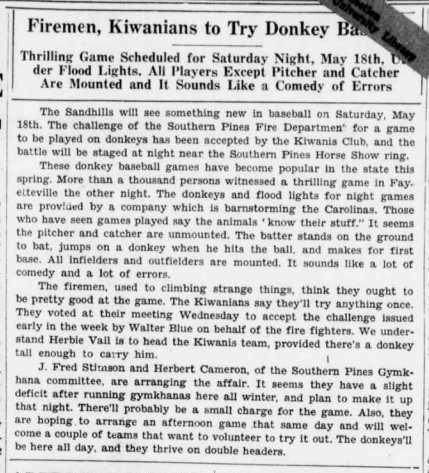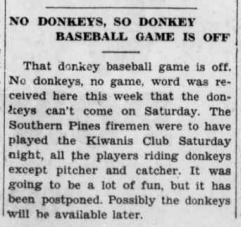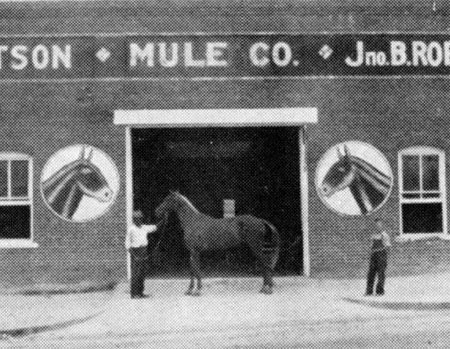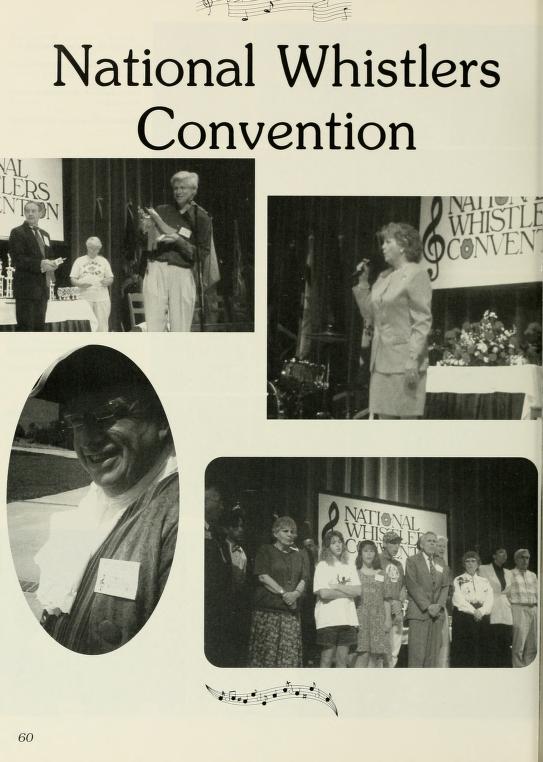Historic Images of Clayton Now Available on DigitalNC
I’m pleased to announce that we have just loaded a dozen historic photos of Clayton, N.C. into the Images of North Carolina collection. Primarily from the early 20th century, these show businesses, schools, and a few people. My favorite is the photo of the Robertson Mule Company, with its large images of mules right on the front.
1806 Letter Asks Teachers for Leniency
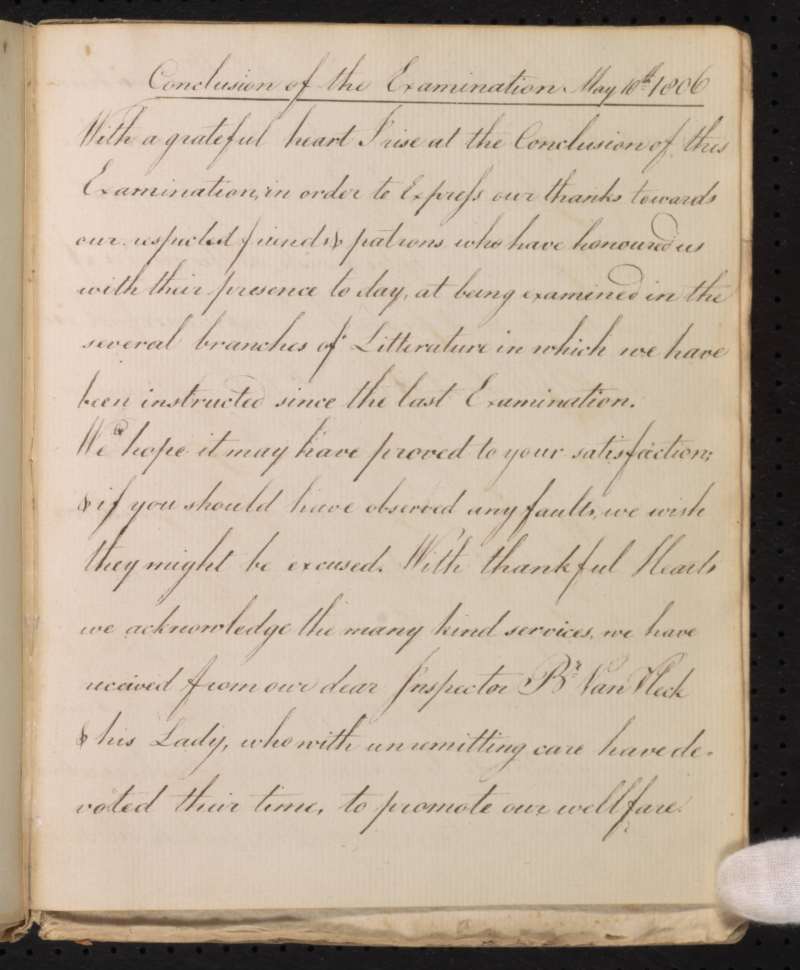 As another school year closes, we found this rather timely letter written by a student on behalf of his classmates at the end of their May 10, 1806 exam. Echoing the sentiments of generations of students upon the submission of coursework, he wrote to their instructors:
As another school year closes, we found this rather timely letter written by a student on behalf of his classmates at the end of their May 10, 1806 exam. Echoing the sentiments of generations of students upon the submission of coursework, he wrote to their instructors:
“We hope it may have proved to your satisfaction;
& if you should have observed any faults, we wish
they might be excused.”
Later, the students shed some light on why they might have felt the need to write such a letter as they describe their work (and behavior!) over the past year:
“We likewise embrace this Opportunity to show our gratitude
to you our dear Teachers, whose patience we have very often put to the Test
& have grieved you by our disobedience to your kind admonitions &
advice, in which you certainly have not been wanting, & by not paying a
proper attention to our Studies; but we hope you will forget what has happened
already, since it is our wish to be more obedient to your admonitions in future
& to pay a more strict attention to our Studies”
The four-page letter was bound at the end (pp. 359-362) of a volume of exams from Old Salem Museums & Gardens’ collection of student exercise books. We recently digitized an additional ten volumes, bringing the total number of volumes in the digital collection to twenty, and we will be adding more in the coming weeks!
North Carolina Digital Heritage Center On Flickr
May marks the beginning of the North Carolina Digital Heritage Center’s presence on Flickr.
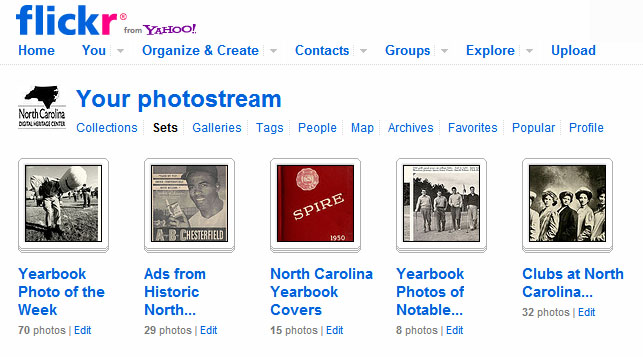
There are many ways to discover interesting photographic images from our contributing institutions around North Carolina via Flickr. You may browse our photostream on Flickr, or subscribe to an RSS feed of our photostream (follow the link and paste the URL into your feed reader).
North Carolina Yearbook Index
Yesterday, we learned that the North Carolina Yearbook Index, available on the popular and super-helpful genealogy site, NCGenWeb, now includes over 30,000 names. Impressive! Most of the yearbooks indexed have been digitized by the NC Digital Heritage Center for the North Carolina College and University Yearbooks project.
Celebrate May Day by Crowning the Queen of the May
Today is May Day, the midpoint between the spring equinox and the summer solstice. In pre-Christian Europe, May Day celebrated springtime fertility with festive community gatherings, and the tradition has continued into the Christian era. Later, European settlers to America brought May Day celebrations across the Atlantic.
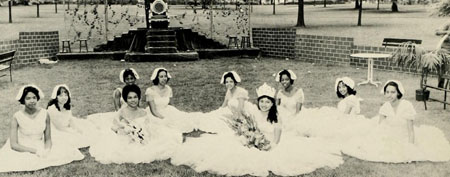
The May Queen and her court at Bennett College. From the 1963 edition of the Bennett Bell, the Bennett College yearbook.
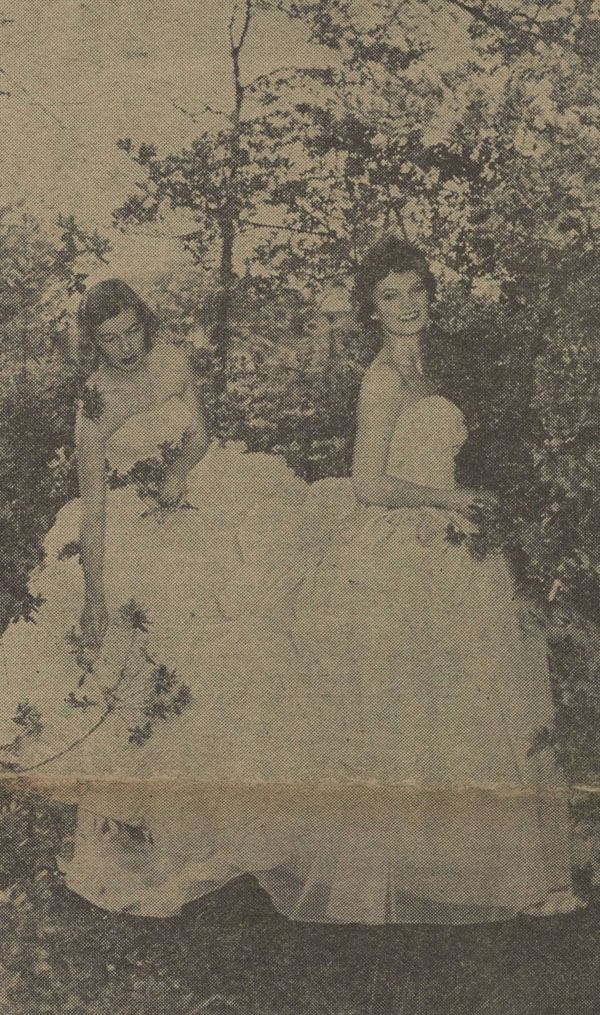
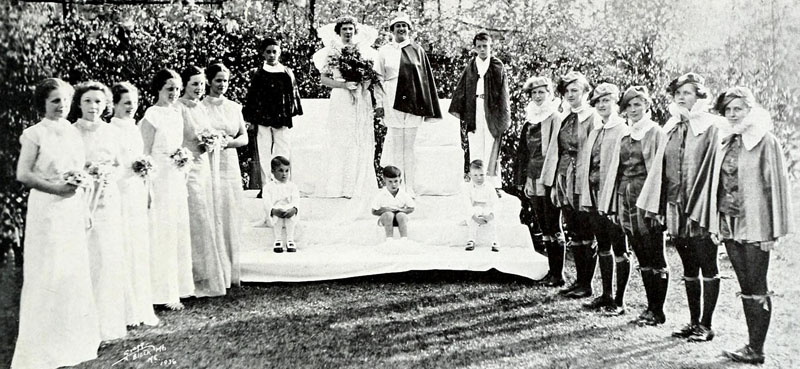
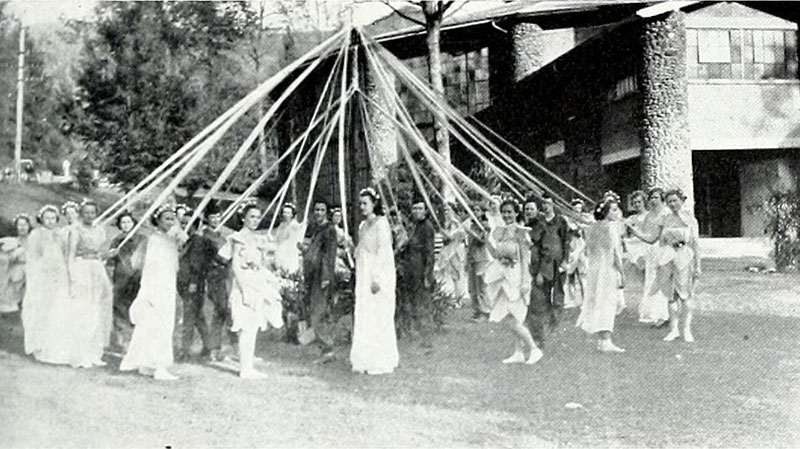
Dietary Advice from 1916
I found this column, with advice on a healthy diet, in an issue of the Marion Progress from October 19, 1916. We’d probably do well to follow the same advice today. After all, who doesn’t want to avoid biliousness?
Local Intelligence in the Roanoke News
We’re in the midst of uploading issues of The Roanoke News (Weldon, N.C.) from 1878-1922, and have been enjoying a particular column called Local Intelligence. Running fairly consistently on page 3, the Local Intelligence section included short sayings, weather reports and predictions, farming and medical advice, the prices of various goods, as well as general commentary on society, fashion trends, local events, and politics – often with a bit of humor!
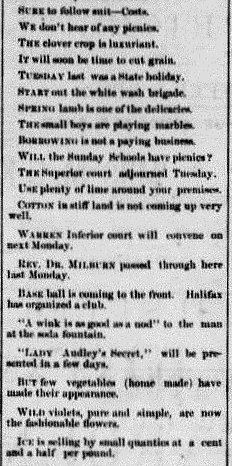
And here are some choice examples from the same day:
“Cherries have made their appearance and the people cherish them.”
“Garlic is no longer considered a cure for hydrophobia: this robs the disease of much of its horrors.”
“Don’t blame the dudes for wearing tight pants. It prevents rats from running up their legs, and consequently scaring them to death.”
For more of these bits of wit and wisdom, see the full Local Intelligence section for May 22, 1884, and be sure to take a look at other examples of the column in issues of The Roanoke News.
Randolph County, N.C. Histories Online
We have recently digitized and published online several histories of Randolph County, North Carolina. Nominated or contributed by the Randoph County Public Library, these volumes will be of interest to current and former residents, as well as anyone interested in the histories of Asheboro, Seagrove, and other towns and communities in Randolph County. All of the titles can be viewed in their entirety online and the text can be searched by keyword. The books currently available on DigitalNC are:
- Randolph County, 1779-1979, published by the Randolph County Historical Society and the Randolph Arts Guild.
- Sketches of My Asheboro: Asheboro, North Carolina, 1880-1910, by Sidney Swaim Robins.
- The Architectural History of Randolph County North Carolina, by Lowell McKay Whatley, Jr.
- The Story of Naomi Wise and the History of Randleman, by the Rotary Club of Randleman, N.C.
- Seagrove Area, by Dorothy Cole Auman.
- Dan Tucker and other Randoph County Heroes in Folklore, by Barbara Presnell.
A Whistler’s Paradise
The 39th annual International Whistler’s Convention is now in full swing in Louisburg, N.C., the self-acclaimed whistling capital of the world. The competition lasts for five days and is full of interesting rules and regulations: whistlers enter the contest in three categories — Classical, Popular, and Allied Arts (in which a performer can combine whistling with other talents, such as miming, singing, or drama) — and are expected to follow a Whistler’s Code of Ethics.


About
This blog is maintained by the staff of the North Carolina Digital Heritage Center and features the latest news and highlights from the collections at DigitalNC, an online library of primary sources from organizations across North Carolina.
